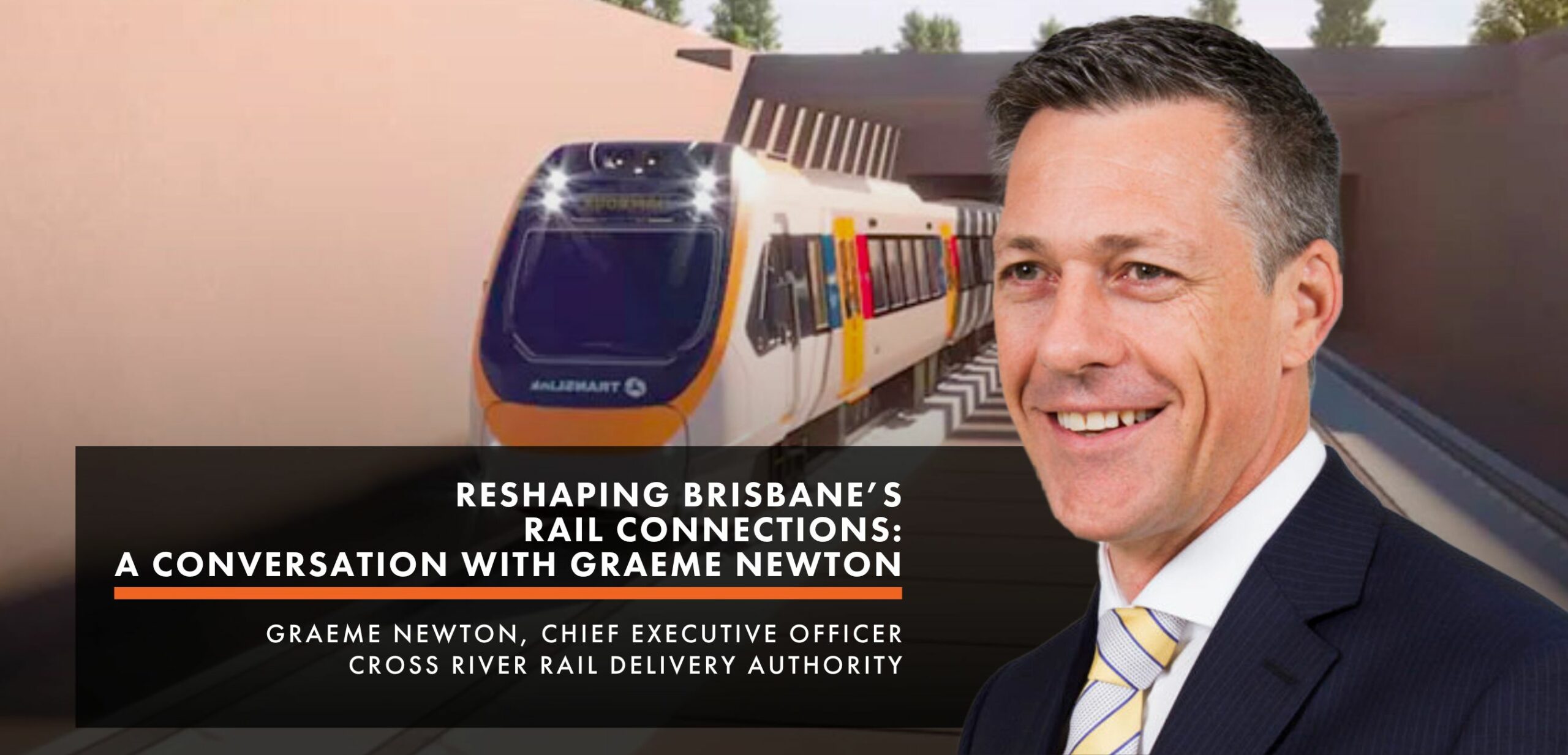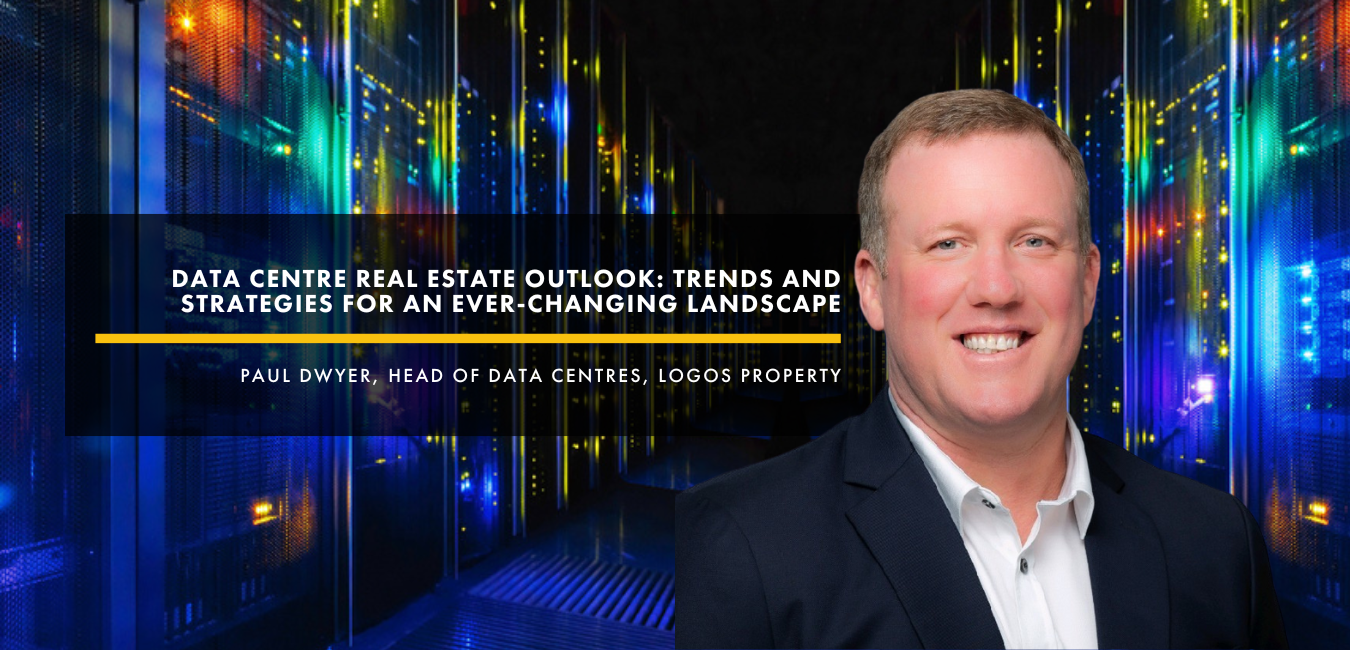When Fifth Wall began operating in 2016, PropTech was in its infancy. Fast-forward to 2020 and add in a global health pandemic, the venture capital firm is discovering first hand the rapid coming of age for technology. Today, the pioneering VC firm guides corporate investing in Built World technology and connects some of the space’s largest and most influential players.
COVID-19 has accelerated the demand for technology in almost every industry and the property sector is paving its own path to post-pandemic recovery through PropTech innovation.
Roelof Opperman, Managing Director on the Real Estate Technology Investment Team at Fifth Wall, focuses on technology and innovations within the multifamily, office, and hospitality real estate asset classes. Roelof recently sat down with Future Place to discuss the ever-changing PropTech landscape.
FuturePlace: Prior to COVID-19, what were some of the biggest changes happening in PropTech?
Roelof Opperman: Probably what has changed the most is the move towards what we call the one-click close. That’s basically the idea that one day, you will be able to look at a property online and then literally hit a button and everything’s done. Approvals, all of it.
In order to get that kind of experience, there are a lot of things that need to work in sync. There’s obviously virtual viewing, there’re the digital mortgage financing applications, there’s the digital title insurance and the homeowners’ insurance. In some cases, there needs to be a virtual broker to facilitate that purchase.
FP: Sounds like a much more efficient process. How close are we to the one-click close?
RO: You haven’t seen the realisation of that goal yet, but what you’re seeing is the components of the one-click close being put together and slowly but surely the creation of the eventual holy grail of residential transactions.
Full disclosure, many of these types of companies are among our portfolio companies, including Opendoor, which is a clearinghouse; States Title, which is digital title insurance; Hippo Insurance, a digital homeowner’s insurance; and Blend, a mortgage origination software.
This kind of technology just facilitates a better experience for the average home buyer. I think many people say buying a home is one of the most miserable experiences in life. All the paperwork, the checking, the lawyers, the headaches. These technologies facilitate a much better experience, and most importantly, make it cheaper.
FP: In your opinion, why has the commercial property sector lagged so far behind other sectors like financial services in adopting new technology?
RO: I think it’s inevitable that residential would be the first mover. Firstly, we’re talking about really large markets. Real estate technology, in general, is a massive market, but residential is just a gigantic market, so obviously that facilitates more innovation.
FP: Almost like a foot in the door to real estate overall. What about commercial real estate?
RO: It’s not that commercial real estate isn’t a big market, but compared to residential home sales – particularly in the US – it’s a little more split up. If you were to say I want to do PropTech in commercial real estate well, what does that mean? Okay, you’ve got building development, you’ve got construction, you’ve got a ton of these different areas and each of them are themselves very big markets. So, I think perhaps the delay is due to the fragmentation of the commercial market.
FP: Commercial property can often take longer to sell than homes, could that be a reason why the PropTech focus has been on residential rather than commercial?
RO: I think so, however, I’m not sure that the timeframe is as much of a factor as the market fragmentation. If you looked at residential brokerage houses and the market share that they own versus commercial brokerage houses, the commercial brokerages are more dominant.
In commercial, you basically have two or three brokerages dominating. A more fragmented company base is going to lead to an easier competition to go after because you don’t have as many of those behemoths with the resources to protect themselves.
FP: That makes sense; a blue ocean vs red strategy.
RO: Right. Another factor, which is kind of more anecdotal, is that inevitably someone has to be inspired to disrupt. A lot of times what ends up happening is an entrepreneur or engineer applies for a mortgage or looks at buying a home, goes through the process and says:
“This is really stupid. Why am I waiting so long for this to happen? Why is there so much paperwork? Why am I paying this person such a high fee? This seems like a good area for me to apply my talents and write some software.”
Basically, that’s why there’s more likely to be innovation in that area and why it would take longer to debut in commercial real estate.
FP: So now we move to the elephant in the room, COVID-19. Do you have a general sentiment of where the industry’s sitting at the moment? Could this pandemic actually accelerate the use of PropTech?
RO: We’re all still trying to wrap our heads around what the long term implications from COVID-19 will be and we’re learning week by week. Without being too bold in terms of what the prognosis is, I will say just from anecdotal evidence it’s definitely been an accelerant to PropTech innovation, adoption, and interest.
FP: Where have you seen the most interest grow within PropTech?
RO: A number of these technologies we were looking at before COVID-19 were becoming necessary. For instance, we invested in a company called Notarize, which assists in an important part of the application process for buying and selling a home in the US – you must get forms notarised. Obviously, during COVID-19, overnight a notary couldn’t do their job. So, notarisations via smartphone, which is really what Notarize does, became very important because it was the only way to accomplish this task.
We’re also seeing it in commercial real estate because we’re looking at technologies through a different lens. Like efficiency became necessary for going back to work. Now I think the question is going to be whether these technologies are short term versus long term.
FP: Right, and with that question, comes the question of cost and ROI.
RO: Exactly. One of the big things these commercial real estate owners grapple with is the upfront cost of buying the technology, or subscribing to it, and then integrating it. What happens when you have something like COVID-19 is that the payback periods become much quicker.
So for technologies where there’s a large upfront cost, or an expensive and lengthy integration that was a barrier to entry before, suddenly that’s not as much an issue. And once you integrate these practices, they kind of stick. That’s the beauty of technology, it tends to be sticky.
What you find in technology is there are these secular moves that happen even through economic or cyclical downturns and I think PropTech is definitely one of them. There certainly will be more startups going out there to really disrupt the existing infrastructure and take out any big players that might be in a weakened state.
FP: One of those moves is the trend of working from home. If that continues, what are going to be the biggest impacts on commercial property and getting tenants back into buildings?
RO: I think the whole work from home scenario is still up for debate. It’s hard to predict what the final kind of equilibrium will be. Based on what we’re seeing, workers are going to want some kind of mixed experience. Whether it’s three days a week at work and then some at home or some other combination.
There’s an inevitability that there will be somewhat of a diminished demand for office space. However, you could make the argument that even though there might be fewer people in the office, if they have to socially distance, then you might need the same square footage. It’s going to be a continuous experiment for companies, it’s not going to be a one-size-fits-all for every company.
FP: Great point about how much space will be needed. There’s a lot being said about productivity at home vs in the office as well as health and collaboration, too.
RO: The productivity comparison may never stop. Corporations are going to start really focusing on their productivity rates with people being at home and they’ll be looking at overall wellbeing. In a sense, COVID-19 didn’t necessarily change anything, it’s really accelerated everything. What you need to do is look at the trends prior to COVID-19, and obviously one of those trends was wellness for employees.
Then there are the psychological aspects of working from home, and really we don’t know what the long term effects are and how it affects performance. The reason it’s working now is that everyone’s having to do it. The reason it didn’t necessarily work before is that those 10% working from home inevitably missed out on great career interactions with their boss, for example. So, what happens in a future mixed-state environment?
On the demand side, there will be an increase for flexibility in the workplace and coworking and I think the market will likely be even bigger than we originally thought coming out of this. And then the question from a landlord’s perspective is; if that means less space, can they charge more for that space because of its flexibility? And if so, how much? Smart landlords who figure that out, who utilise the right technologies, who utilise the right experience, who engage their tenants in the right ways, they will not lose revenue.
Tenants will become customers and the landlord who provides the superior experience with a superior product and service is going to win. Not only are they going to maintain their yields, their rent and their buildings, but also gain market share.
FP: Speaking of who will figure it all out first, will Fifth Wall start looking down under to Australasia to find the next big thing?
RO: We have a number of partners already in Asia; we have City Developments Limited, Gaw Capital, GLP, Kenedix, Keppel Corporation, Mitsubishi Estate, and Vanke, in Singapore, Japan and China. We get a huge amount of inbound from companies in Australasia – obviously a lot from China, Singapore and Japan – and some from Australia.
Australia’s a big market, but it’s a smaller country. However, it’s a very sophisticated investment market and it’s an area we’re getting asked to work with more and more. I can’t comment on plans for the future, but I think that Australasia is an area where we have great partners. It’s an area where we’re seeing a lot of opportunities and a ton of potential in the world of PropTech.







